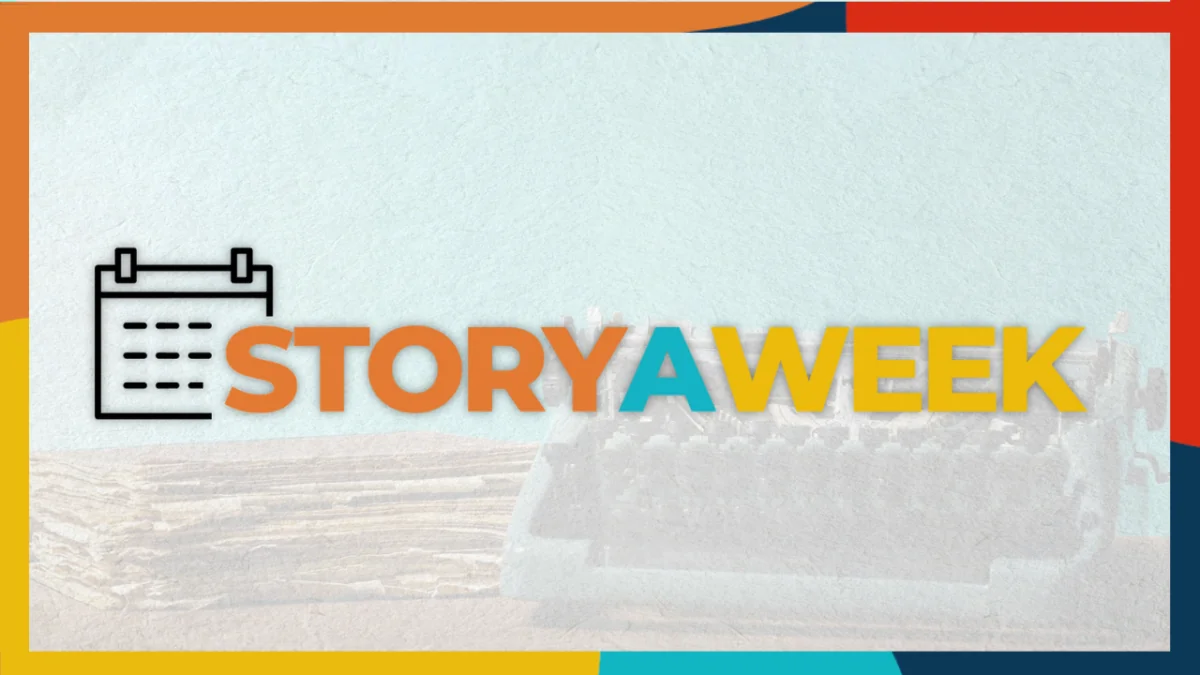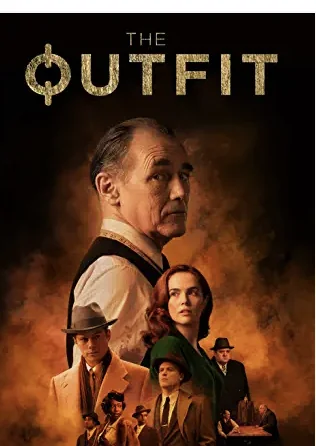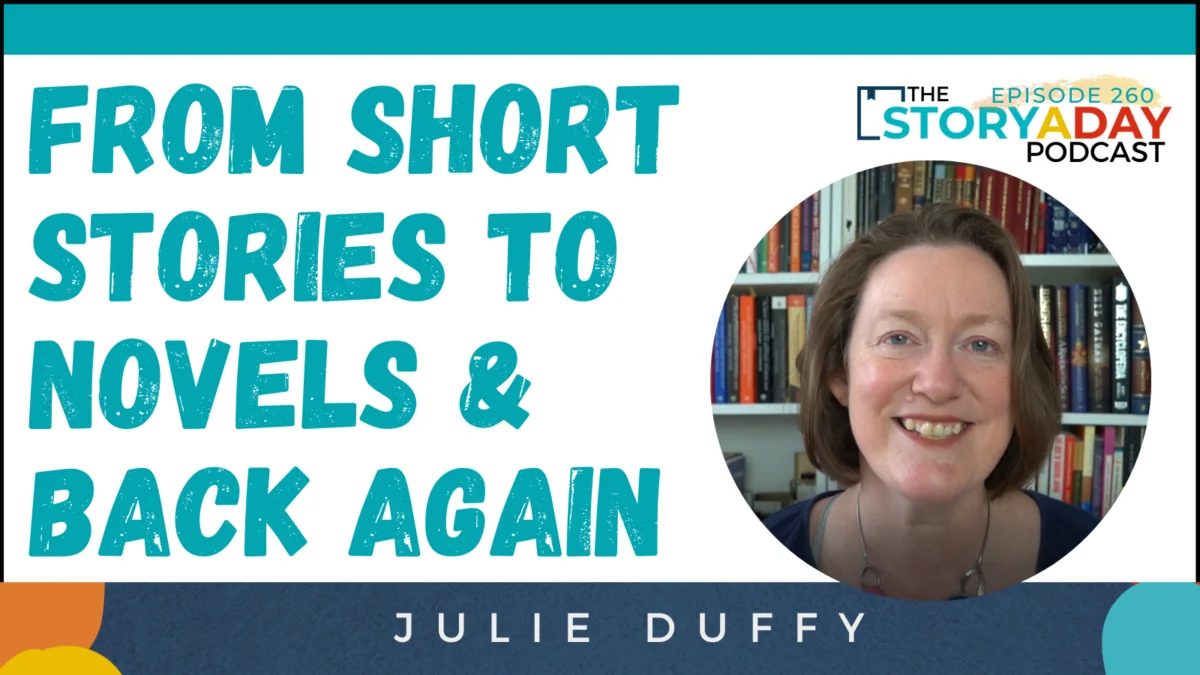Last year I excitedly signed up for two different ‘a year of free writing prompts’ from sources I have turned to for writing inspiration and instruction for decades…and every time I open the weekly email, they make me sad.
The prompts kind of suck.
They feel worth what I paid for them: nothing.
In fact it’s worse than that. The cost isn’t 0.
The cost is my time and energy, spent opening the emails, looking at the prompt, and losing a little more hope every week.
Every time I see an offer for one of those free prompt subscriptions, I feel like I should sign up, if I’m serious about my writing. Shouldn’t I be doing everything I can, to advance my writing.
If you feel the same way, let me help you out: no. You should feel no guilt about walking away. Why?
It’s Not You, It’s Them…
Maybe you’re like me: I’m a lifelong journaler who doesn’t need prompts to journal. Many people throw out ‘writing prompts’ that are really just instructions to ‘write about a time when you…’.
There’s little direction about how to make that writing time useful, or ways to develop your skills, and really, what writer needs more ideas?!
Or maybe, like me, you’re a short story writer or novelist.
While you can use journaling prompts to hone your description and dialogue skills, wouldn’t you rather be doing that while writing a story? For some reason, few writing prompt writers bother to spark actual stories.
Some writing prompts give you a genre, a character, and an object and tell you to write a story from that.
But, while that might help you come up with a premise for a story, there’s more to a story than that. For example,
- How do you decide what the character wants?
- How do you know what the character decides to do with the object?
- Why does the object matter?
- What are the genre norms?
- Do you even want to write in that genre?
Does the prompt help you think about any of these things? Rarely.
Ideas are easy. Crafting them into a compelling piece of writing is the part that matters. And it’s frustrating when a prompt leaves you high and dry.
Frustrated No More
If you’ve found writing prompts as frustrating as I have, I have an invitation for you, this week, and that’s to check out a free sample of my StoryAWeek newsletter.
In 15 years of running StoryADay May, I’ve learned a lot about what helps writers to start and finish stories.
And it’s more than giving you a simple idea or a premise and saying, ‘good luck with that! Seeyabye!”
It’s also
- Supplying brainstorming questions to help you find a way into your writing
- Teaching craft and writing-practice techniques in bite-sized chunks, tailored to the prompt
- Sharing examples of stories that exemplify the best of the craft
- Sending words of encouragement, that help you remember you’re not alone, and that you can do this. Of course you can!
A prompt should, er, prompt you to write. It should inspire you; spark connections in your brain; send you scurrying to the page, eager to craft a new piece of writing.
Torturing A Metaphor
Prompts that give you ideas for fragments are like plastic pony beads you buy from the craft store:
- Mass produced
- Colorful, but uniform, inspiring nothing unique
- Not something that often contributes to creating a valuable finished object.
A prompt that inspires you to craft a written piece readers will enjoy, is more like a natural pearl:
- Created by a slow but reliable process,
- Subtle in its variation as you hold it up to the light of your imagination
- a treasure that can be used to create other treasures.
Am I over-selling the importance of NOT wasting your time and energy on crappy writing prompts?
Forgive me. I feel strongly about this.
You don’t have to subscribe to the StoryAWeek Newsletter (52 weeks of hand-crafted, lovingly spun writing lessons, prompts and letters of inspiration taken from my years of experience), but I hope you will at the very least give yourself permission to walk away from all those worthless writing prompt offers, and trust your own writerly instincts.
If you are looking for a weekly reminder to sit down with your writer-self and develop some new stories and scenes, delivered to your inbox, please do consider the StoryAWeek Newsletter








